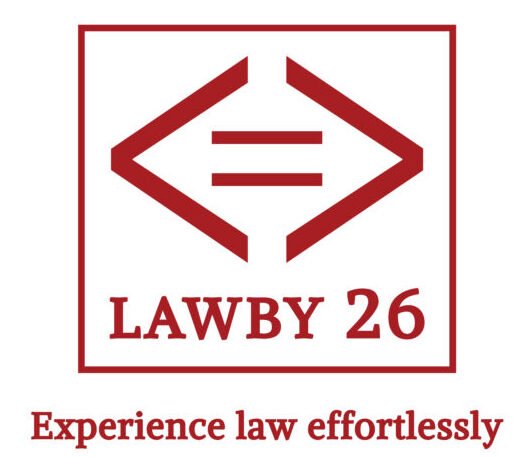A law teacher once encountered a student who wanted to learn but couldn’t afford the tuition. As part of their agreement, the student promised, “I will pay your fee the day I win my first case in court.” The teacher accepted and started the law class.
The student decided not to enter the profession of law after finishing his course. Tired of this, the teacher filed a lawsuit against the student, and both agreed to represent themselves in Court. “If I win this case, as per the court’s rules, the student has to pay me because the case is about his non-payment of dues,” the teacher argued in support of his position. “The student will continue to pay me even if I lose the case because he would have won it on his first try. Therefore, I will be paid in either case.”
The student responded equally brilliantly: “If I win the case, according to the law, I don’t have to pay anything to the teacher as the case is about my non-payment of dues. And since I haven’t won my first case yet, I am not obligated to pay him if I lose the case. Therefore, I won’t pay the teacher in either case.”
One of the first known logical paradoxes is known as Protagoras’ Paradox, and it dates back to ancient Greece. It’s from the period of Greek history when Euthalos was the pupil and Protagoras, who taught law, lived around 485–415 BC. Who is winning this unresolved legal dispute, and who is right? That is the nature of all paradoxes.



